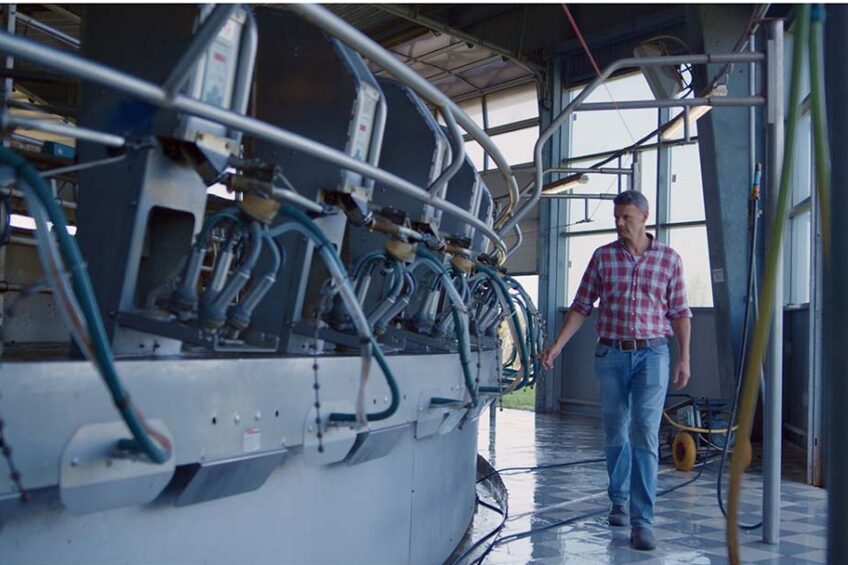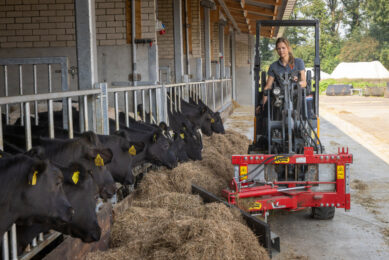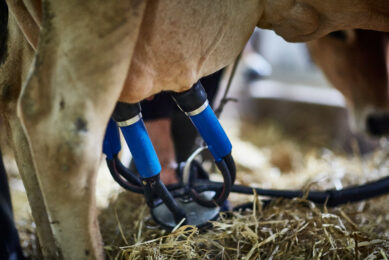New regulations: Contract changes for the UK dairy industry

New regulations designed to help stamp out unfair contractual arrangements between milk producers and purchasers are due to come into force in 3 months.
The legislation, which is due to come into effect in early July, covers any new milk purchasing contracts and are a product of evolution from the voluntary dairy code of best practice on contractual relationships in the dairy sector that was introduced in 2012.
Despite some support from processors, the lack of legislation meant that farmers were extremely vulnerable to market changes. At times of pressure, when the market is low or a business unstable, purchasers have the ability to change contract terms and pricing mechanisms, even, in some cases, to introduce retrospective penalties and price cuts without negotiation.
The National Farmers’ Union said the Covid-19 crisis saw many of these scenarios play out. Farmers were hit with price cuts at no notice, unilateral implementation of A/B quotas, a lack of transparency over pricing and delayed payments, resulting in huge pressures.
Minimum terms for dairy contracts
This led the government – following pressure from all 4 UK farming unions – to consult and then lead to the Fair Dealing Obligations (Milk) Regulations 2024. The regulation introduces mandatory minimum terms for dairy contracts which must be followed. It covers all cows’ milk sold by a dairy farmer to a milk buyer, although this does not currently extend to goats milk.
The main areas which the legislation will cover include:
· Price – There will be a greater transparency on price for the farmer. The regulations allow a flexible approach for a number of different pricing mechanisms to be used to set the price of milk. If a milk contract contains a variable price, there are mechanisms in place to ensure that price can only move in reference to agreed factors, and also gives power to farmers to challenge prices that they feel have not followed the correct process. However, the legislation will not directly govern what prices should be and will not introduce minimum prices.
· Cooling-off periods – Contracts must include a 21-day cooling-off period during which farmers can terminate their contracts without notice with no penalty or liability. This ensures that farmers have the chance to properly consider the terms of their contracts and take independent advice before committing.
· Notice periods – The legislation sets out maximum notice periods to be given by the farmer and minimum notice periods to be given by the processor for contracts of more than 12 months. A processor must give a farmer a minimum of 12 months’ notice to terminate the contract. A farmer has the right to a maximum of 12 months’ notice if they wish to terminate the contract. The regulation also allows a farmer to terminate more swiftly in some circumstances, such as when a milk buyer misses milk payments or is insolvent.
· Variation – All variations to the contract must be agreed by both parties. This means that milk buyers cannot enforce changes without the permission of the farmer or the representative organisation of which the farmer is a member.
· Exclusivity – Exclusive contacts will be prohibited where the milk contract is for a fixed volume; it will not be possible to have tiered pricing in an exclusive contract. The National Farmers’ Union believes that if a processor pays 40ppl for 1 million litres of milk and 30ppl for any milk over this amount, this would be deemed as tiered pricing and the farmer would have the right to sell milk to multiple buyers if they chose.
· Farmer representation – The regulations allow farmer-owned structures, such as co-ops and producer organisations, to have greater flexibility in terms of the contracts they are able to negotiate, increasing farmer bargaining power.
Defra plans to introduced an agricultural supply chain adjudicator to enforce the regulations and the National Farmers’ Union will be setting up a number of briefings and webinars.
The legislation has been welcomed by the Farmers Union of Wales Milk and Dairy Produce committee acting chair Brian Walters, who said he was hopeful there will be a fairer foundation for selling milk across Great Britain. “We managed to ensure that the regulations will apply to all milk purchasing contracts across the UK which avoids any risk of creating a 2-tiered market.”
Join 13,000+ subscribers
Subscribe to our newsletter to stay updated about all the need-to-know content in the dairy sector, two times a week.










